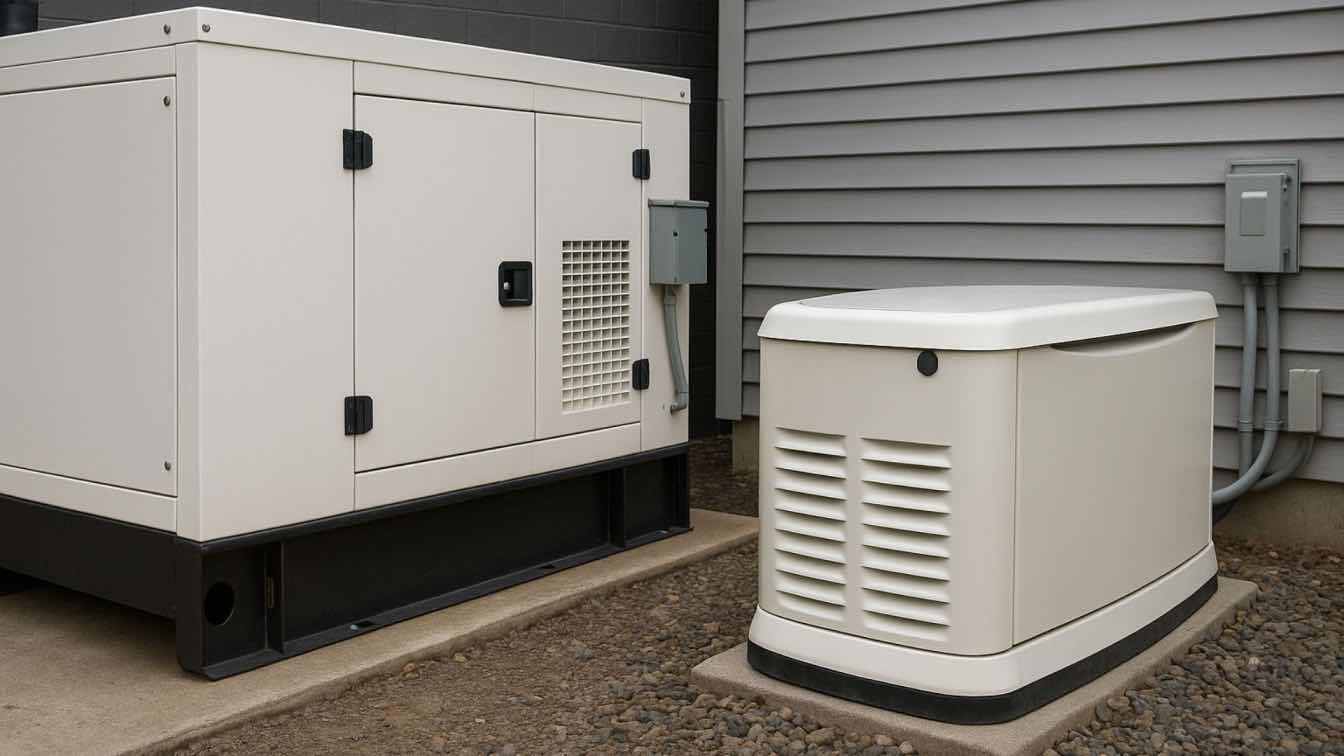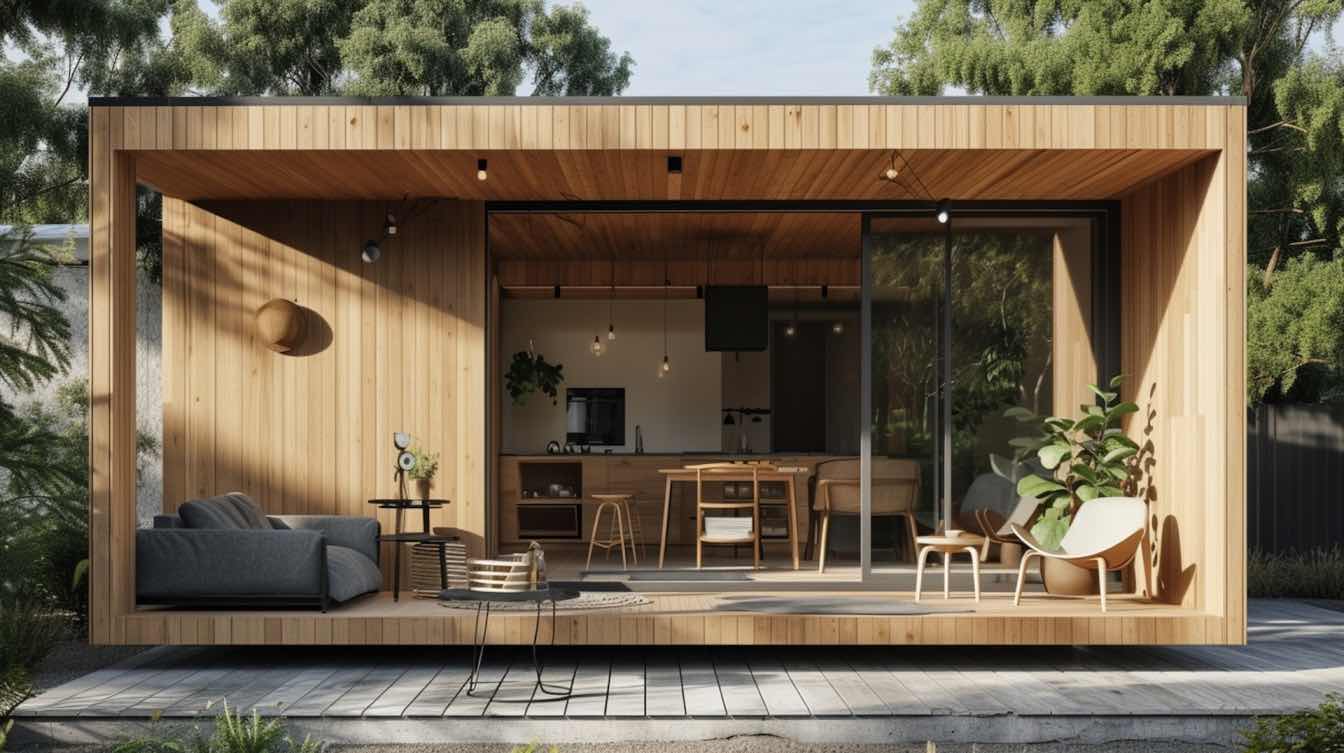Do you need to purchase a new generator but aren’t sure what the difference is between a commercial and residential generator? You aren’t alone! Many people find themselves undone when trying to buy a new generator for their home or business. But have no fear, we are here to help!
There are a few key differences between commercial and residential generators, including their price, size, and power output. We have broken down each difference below and included some factors you should consider when choosing your new generator.
The differences between commercial and residential generators
There are a few differences between commercial and residential generators that you need to be aware of before making your purchase. Residential and commercial generators have different purposes and come with different features and price tags. Knowing the differences between them can help you make the right choice for your needs and budget. We have broken down the main differences between commercial and residential generators below:
Commercial generators are larger
Commercial generators typically come with larger engines, designed to sit on concrete slabs. The larger generators will take up more space, to account for their larger engines, and it is easy to spot by their size whether they are suitable for commercial or residential use.
Larger commercial generators will also have a higher power output than residential generators, designed to power manufacturing plants, mines, or hospitals. When choosing your generator, check the power output to ensure that it is suitable for your needs. Usually, we recommend adding up the power each appliance you need to run uses and include a buffer of 10% to find the right generator for your needs.
Commercial generators have larger radiators
As commercial generators provide more power than residential ones, they need larger radiators to keep them cool. Radiators work to prevent any overheating that could be dangerous to the generator or interrupt your power supply. You can spot a commercial generator by its larger radiators, and should only purchase one that has a suitable cooling mechanism.
Commercial generators come with more features
Commercial generators usually have more features than residential generators, too. The features they include usually relate to commercial needs, like remote monitoring and automatic load management. With these features, you can control your generator from everywhere, so you don’t need to worry about dips in power through the night. As they come with more features, commercial generators can be more complicated to operate. You will need to spend some time familiarising yourself with the instruction manual to ensure you are operating the generator correctly. By contrast, residential generators tend to be easier to use, with simple controls.
Commercial generators have stricter compliance
Commercial generators are required to meet stricter standards and building codes than residential generators. Your generator will also need to meet noise and zoning regulations, which can make shopping for your new generator challenging. Most commercial generators will include information about the regulations they meet to make it easier for you to shop for one.
Residential generators will also have regulations that they need to meet, especially regarding noise. You will need to be mindful of the noise of your generator, especially at night. Residential generators tend to have less strict compliance than commercial ones, though.
Commercial generators cost more
Due to their size and increased power output, commercial generators are more expensive than residential ones. While commercial generators are more expensive, you can find them for a reasonable price provided you do some research.
What to consider when purchasing a commercial generator
When choosing your commercial generator, there are a few factors that you need to consider, including the capacity, location, and fuel options. We have listed the main factors that you need to consider below, but there might be other factors that you need to consider depending on your specific needs for the generator.
The capacity you need - add the maximum power output of every appliance that needs to run at the same time, with a safety net of 10% to ensure you have the right capacity for your generator
The location and environmental factors - like any challenging conditions or your distance from the power grid, that could impact the performance of your generator
The fuel options - diesel is a popular choice, with greater fuel density that makes it more affordable in the long run. Petrol, natural gas, and propane are also fuel options to consider
The noise and vibration levels - must meet the regulations in your area, usually not exceeding the sound of city traffic. Excessive vibrations can be a sign of issues with your generator, so regular servicing is recommended to avoid this
Find your commercial generator today
Now that you know the differences between commercial and residential generators, it's time to purchase your commercial generator. Sites like Renteca offer fantastic value for money on their commercial generators, with powerful options suitable for a range of businesses. Get your commercial generator from Renteca today to enjoy power for your business.





